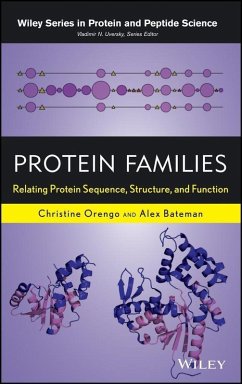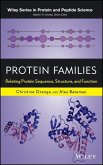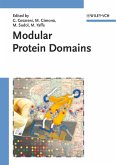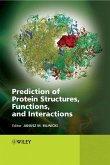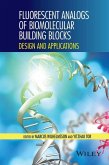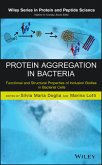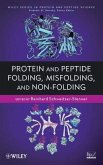New insights into the evolution and nature of proteins Exploring several distinct approaches, this book describes the methods for comparing protein sequences and protein structures in order to identify homologous relationships and classify proteins and protein domains into evolutionary families. Readers will discover the common features as well as the key philosophical differences underlying the major protein classification systems, including Pfam, Panther, SCOP, and CATH. Moreover, they'll discover how these systems can be used to understand the evolution of protein families as well as understand and predict the degree to which structural and functional information are shared between relatives in a protein family. Edited and authored by leading international experts, Protein Families offers new insights into protein families that are important to medical research as well as protein families that help us understand biological systems and key biological processes such as cell signaling and the immune response. The book is divided into three sections: * Section I: Concepts Underlying Protein Family Classification reviews the major strategies for identifying homologous proteins and classifying them into families. * Section II: In-Depth Reviews of Protein Families focuses on some fascinating super protein families for which we have substantial amounts of sequence, structural and functional data, making it possible to trace the emergence of functionally diverse relatives. * Section III: Review of Protein Families in Important Biological Systems examines protein families associated with a particular biological theme, such as the cytoskeleton. All chapters are extensively illustrated, including depictions of evolutionary relationships. References at the end of each chapter guide readers to original research papers and reviews in the field. Covering protein family classification systems alongside detailed descriptions of select protein families, this book offers biochemists, molecular biologists, protein scientists, structural biologists, and bioinformaticians new insight into the evolution and nature of proteins.
Dieser Download kann aus rechtlichen Gründen nur mit Rechnungsadresse in A, B, BG, CY, CZ, D, DK, EW, E, FIN, F, GR, HR, H, IRL, I, LT, L, LR, M, NL, PL, P, R, S, SLO, SK ausgeliefert werden.

